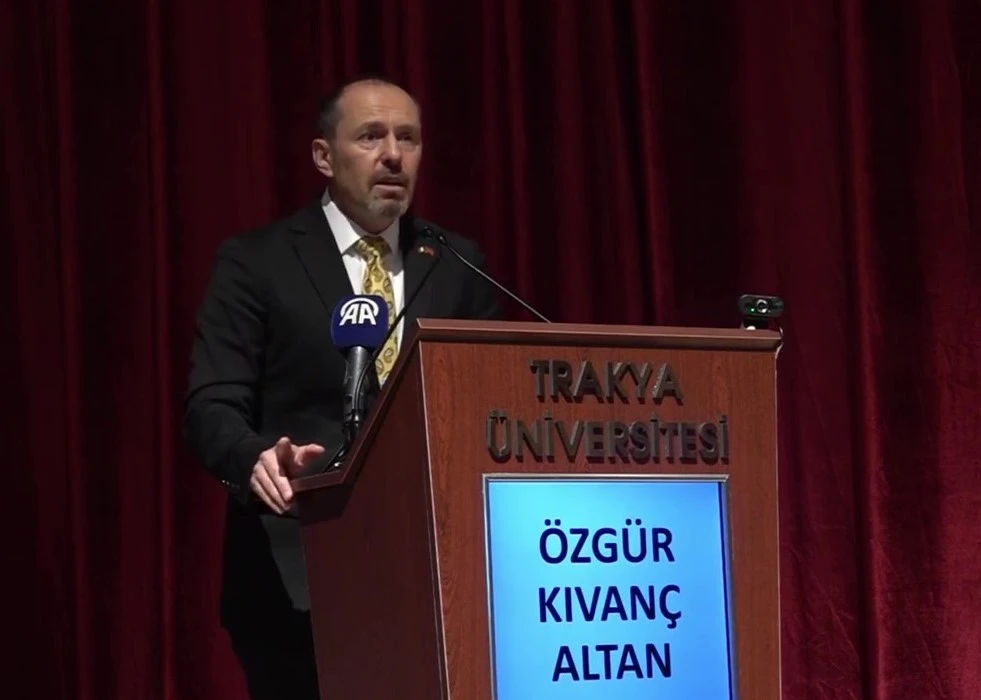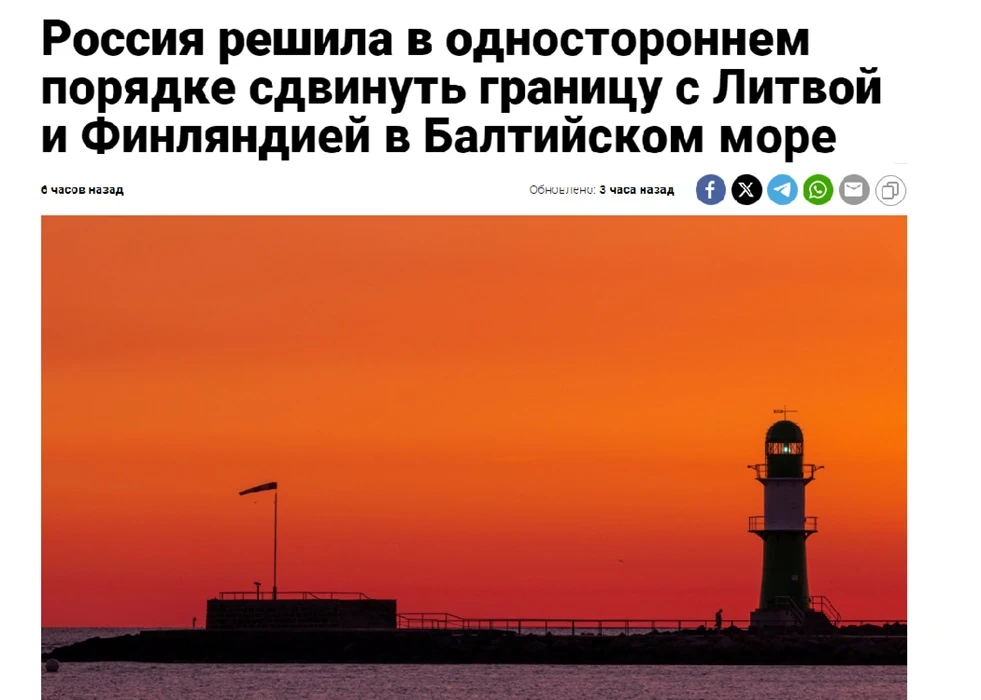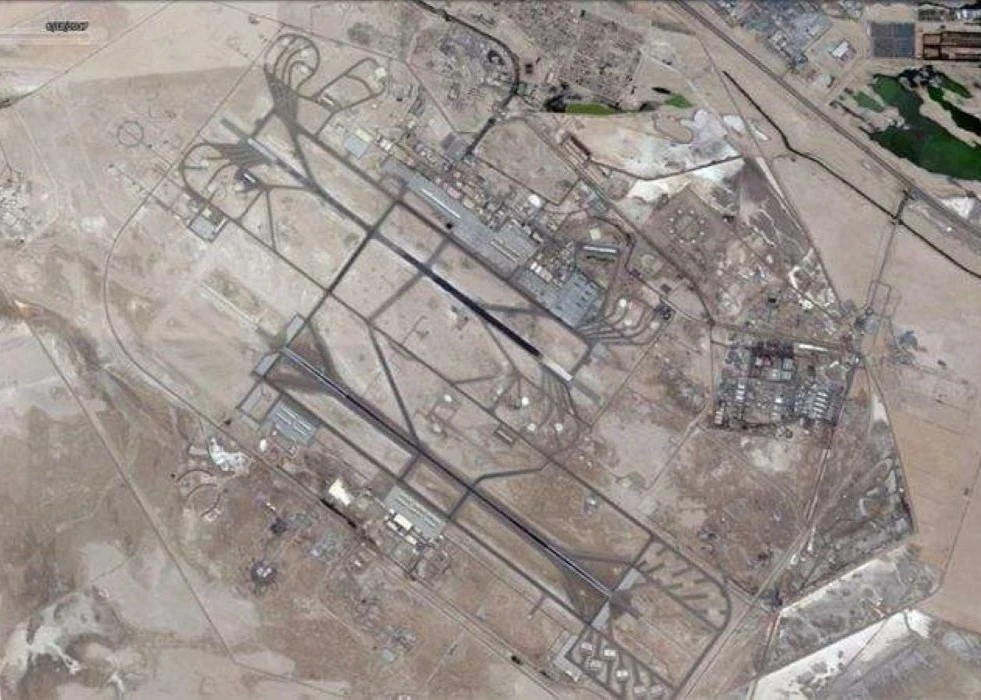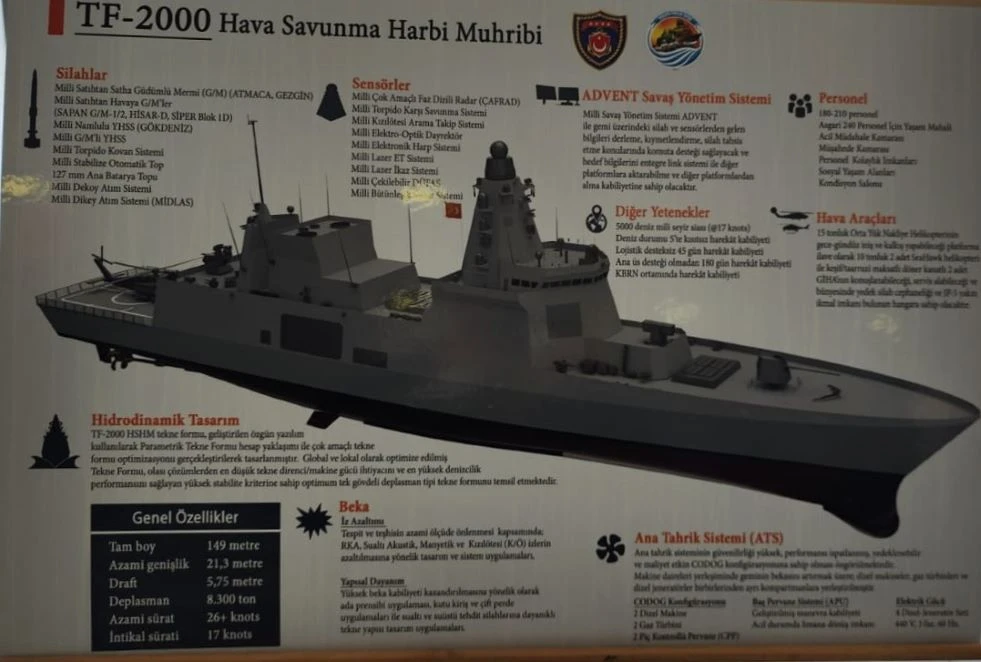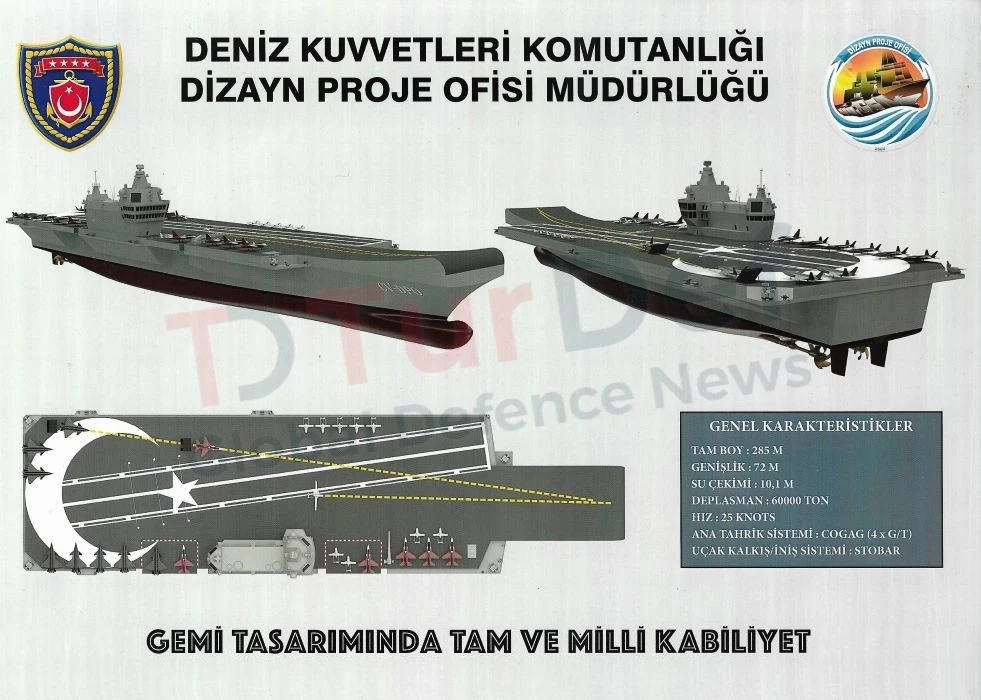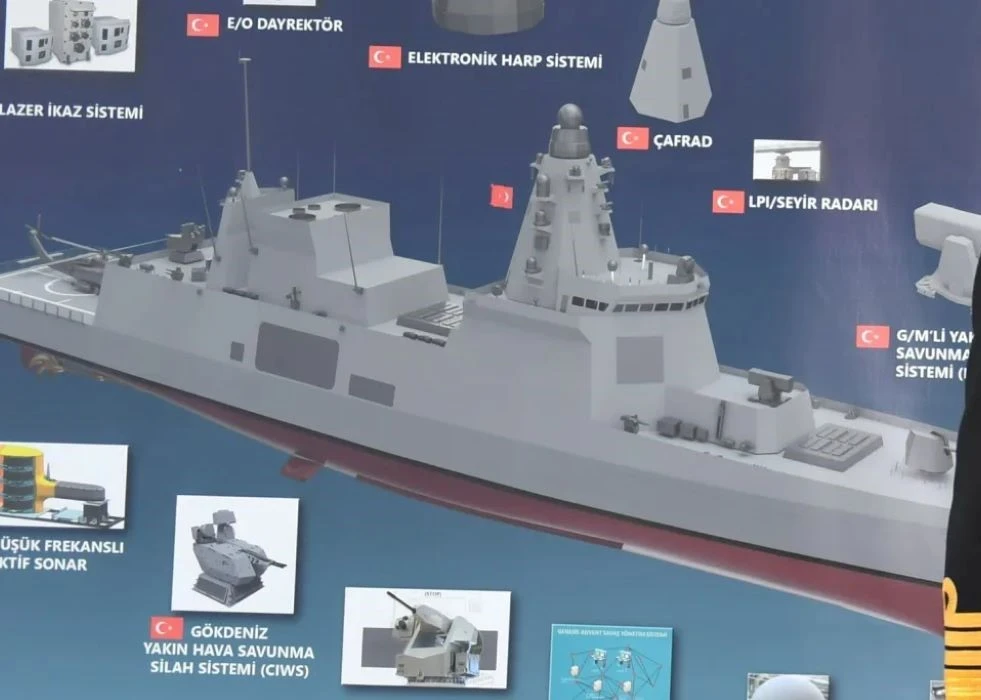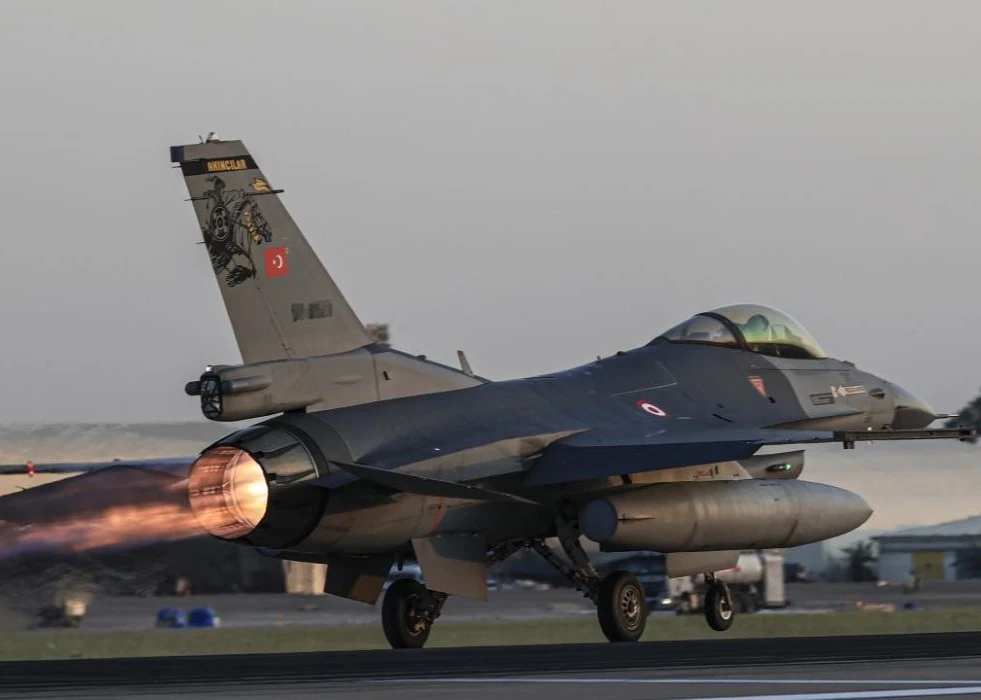The US wants to end the Russian –Ukrainian crises so that it can permanently enter the Black Sea. Former US Army in Europe commanding general Ben Hodges spoke yesterday to British Outlet Leading Britain’s Conversation (LBS). General Hodges claimed that Turkey should be convinced to close the straits to Russian navy traffic. He senses that negotiations are going on with Turkey.
Answering LBS reporters’ questions about the current crises between Russia and Ukraine, General Hodges was reluctant to see US and British soldiers in the region unless there was a bigger strategy for the Black Sea Region.

He claimed that there is an alternate and strategic way to convince Russia to negotiate and said, “The best leverage we have, we’re not using”
According to General Hodges, this strategy is based on Turkey. He added, “It is Turkey’s control over the straits. If we had the right relationship with Turkish ally, where they were confident and would not be exposed to Russian retribution. There are plenty of reasons, legitimate reasons that Turkey could close straits to Russian navy traffic. “
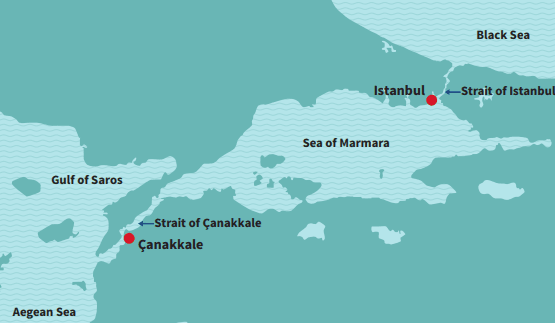
When the reporterJames O"Brien asked why this idea was not negotiated with Turkey, General Hodges said, “I asked our national security adviser Jack Sullivan two weeks ago about Turkey. My sense is that they are, in fact, talking to our allies about this.”
He later wrote on his personal Twitter account about the interview. He said, “Turkey should restrict Russian Navy movement thru the Straits for Russian violations of Montreux Convention...but Ankara would need to be 100% confident that US would not leave them exposed to Kremlin retribution. This means we need a strategy for the Black Sea region.”

The Montreux Convention, which is an essential element in the context of Black Sea security and stability, has been impartially implemented by Turkey for more than seven decades.
According to the Montreux Convention, merchant vessels enjoy the freedom of passage through the Turkish Straits. In contrast, passages of war vessels are subject to some restrictions that vary depending on whether these vessels belong to Black Sea Riparian States or not.
The Convention allowed Turkey to close the straits to all warships when it was at war and permit merchant ships free passage.
Besides some general restrictions applicable to all, vessels of war belonging to non-riparian States are subject to specific restrictions regarding maximum aggregate tonnage and duration of stay in the Black Sea.
The principal provisions of the Convention ruling the passages of vessels of war can be outlined as:
Aircraft carriers, whether belonging to riparian states or not, can in no way pass through the Turkish Straits.
Only submarines belonging to riparian states can pass through the Turkish Straits to re-joining their base in the Black Sea for the first time after their construction or purchase or the purpose of repair in dockyards outside the Black Sea.
The total number and the maximum aggregate tonnage of all foreign naval forces which may be in the course of passage through the Turkish Straits are limited to 9 and 15.000 tons, respectively.
The maximum aggregate tonnage that non-riparian States may have in the Black Sea is 45.000 tons.
In this regard, the maximum aggregate tonnage of the vessels of war that one non-riparian State may have in the Black Sea is 30.000 tons.
Vessels of war belonging to non-riparian states cannot stay more than 21 days in the Black Sea.




